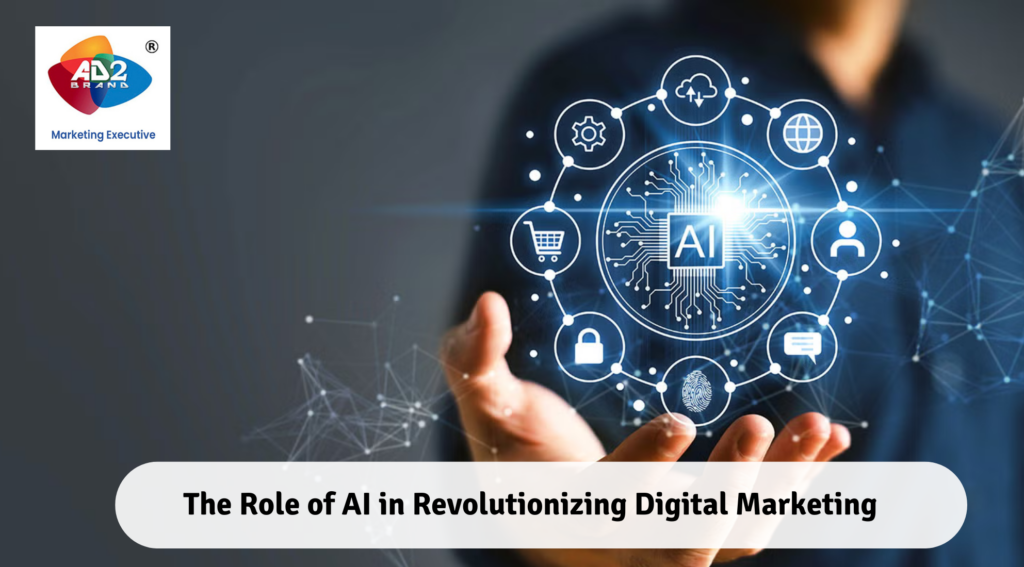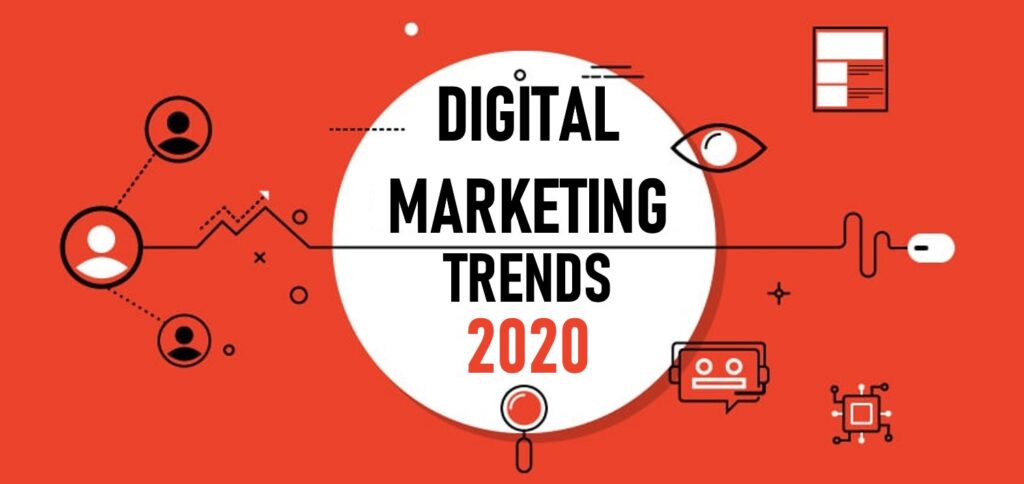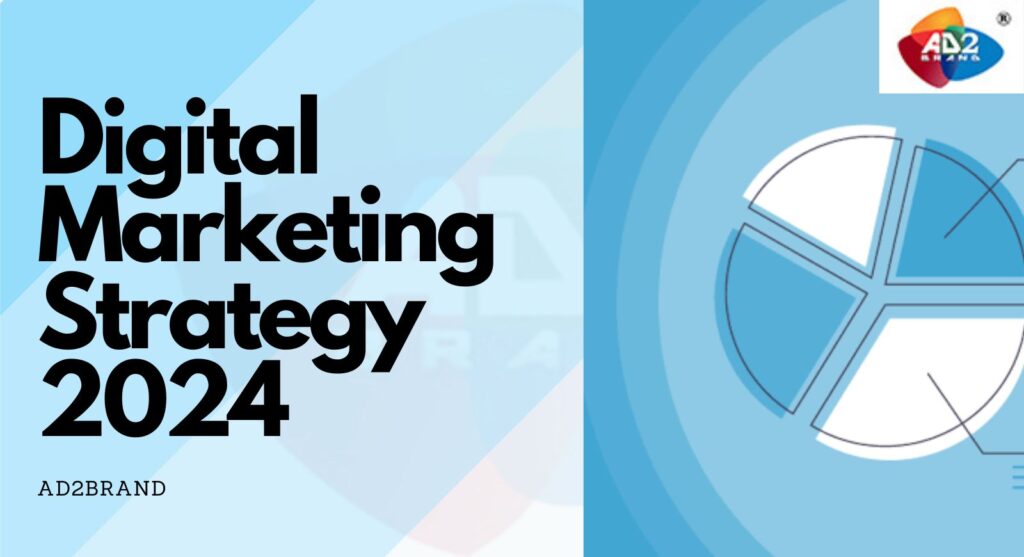Artificial Intelligence (AI) is not just a buzzword; it’s a transformative force reshaping how businesses approach marketing. Its impact spans from optimizing content strategies to enhancing customer experiences. This blog delves deeply into how AI is revolutionizing digital marketing, exploring aspects like ChatGPT vs. Quora, the role of NLP and voice search, and the varying impacts on small and large businesses.
ChatGPT vs. Quora: The Evolution of Online Interaction
AI-powered tools like ChatGPT have transformed how users seek information. While Quora relies on community-driven answers, ChatGPT delivers instant, context-specific responses. This real-time capability has made AI tools indispensable for marketers looking to engage their audience more efficiently. Businesses are increasingly leveraging conversational AI to provide 24/7 customer support, automate content creation, and improve personalization, putting platforms like ChatGPT at the forefront of customer interaction.
Quora has long been a go-to platform for user-generated knowledge sharing. However, the rise of AI tools like ChatGPT has created a paradigm shift in how users seek and consume information. Let’s break down the differences:
- Speed and Personalization: While Quora relies on a human network of contributors to answer queries, ChatGPT provides instant, tailored responses. Its ability to analyze context and generate relevant answers makes it an indispensable tool for marketers looking to engage with their audience efficiently.
- Content Generation: Marketers use ChatGPT for generating high-quality, SEO-friendly content in minutes, whereas Quora serves as a research platform to understand user questions and intent.
- Use Cases in Marketing: ChatGPT is now being leveraged for real-time customer support, creating email campaigns, and even managing chatbot interactions. Conversely, Quora excels in driving organic traffic through strategic content contributions.
By utilizing both platforms strategically, marketers can combine ChatGPT’s efficiency with Quora’s community insights to enhance customer engagement and build brand authority.
Changing Search Engine Volumes: AI’s Role in Redefining SEO
The integration of AI in search engines is altering how users find information. Here’s how:
- AI-Driven Search Algorithms: Search engines like Google now prioritize AI-driven content over traditional keyword-based optimization. These algorithms reward high-quality, contextually relevant, and conversational content. This shift has made traditional SEO strategies less effective.
- Visual and Voice Search: With AI technologies like Google Lens, users can search using images, while voice search continues to gain traction through devices like Alexa and Siri. Marketers must now optimize content not just for typed queries but for natural, conversational language.
- AI in Content Curation: Platforms are increasingly curating search results with AI-generated overviews. Businesses must align their SEO strategies to ensure visibility in these snippets.
NLP and Voice Search: The Future of Query Optimization
Natural Language Processing (NLP) has paved the way for more intuitive voice search capabilities. Consumers are increasingly using voice assistants like Alexa and Google Assistant to make inquiries, pushing marketers to optimize content for spoken language rather than typed queries. Natural Language Processing (NLP) is revolutionizing how users interact with digital platforms. Here’s a closer look at its implications for marketers:
The Rise of Voice Search
- Consumer Behavior Shift: Studies indicate that nearly 58% of consumers use voice search to find local businesses. Queries are now more conversational, such as “Where’s the nearest digital marketing agency?” rather than “digital marketing agency Wakad.”
- Content Optimization: To cater to voice search, marketers must focus on natural-sounding keywords and long-tail phrases. Schema markup also plays a vital role in improving visibility for voice queries.
NLP in Action
- Understanding Intent: NLP-powered tools can analyze the intent behind user queries, helping marketers deliver more relevant content. For example, instead of just focusing on the keyword “digital marketing,” AI identifies whether the user seeks services, courses, or general information.
- Chatbots and Assistants: AI chatbots powered by NLP offer personalized recommendations, from suggesting products to scheduling consultations. This technology is already being used by businesses to engage users effectively and reduce response times.
Small Business Impact: Opportunities and Challenges
AI is a boon for small businesses, enabling them to compete on a level playing field with larger enterprises. Here’s how:
Opportunities
- Cost-Effective Marketing: AI-driven tools like automated email marketing, content creation platforms, and CRM software empower small businesses to achieve large-scale results without hefty investments.
- Improved Decision-Making: AI analytics tools help small businesses understand customer behavior and optimize their strategies accordingly. For instance, AI can predict which marketing campaigns are likely to succeed, saving time and resources.
- Enhanced Efficiency: AI-powered platforms can handle mundane tasks like data entry, appointment scheduling, and customer follow-ups, allowing small businesses to focus on growth.
Challenges
- Adoption Costs: Despite its advantages, the initial cost of AI tools can be prohibitive for smaller businesses.
- Regulatory Concerns: As highlighted by the U.S. Chamber of Commerce, small businesses worry about compliance with AI-related regulations, which could increase operational complexities
Large Business Impact: AI Across Industries
Large corporations are leveraging AI in various domains to streamline operations, improve customer experiences, and drive innovation. Here are some industry-specific impacts:
Job Portals
- Candidate Matching: AI algorithms enhance recruitment by analyzing resumes and matching them with job descriptions.
- Predictive Analytics: These tools predict a candidate’s suitability for a role, saving HR teams hours of manual work.
Flight Booking
- Dynamic Pricing: AI determines ticket prices based on demand, time, and customer behavior.
- Virtual Assistants: Chatbots guide users through the booking process, answer queries, and provide real-time updates on flight schedules.
E-commerce
- Personalized Recommendations: AI uses browsing history and purchase patterns to suggest products, enhancing the customer experience.
- Inventory Management: Predictive analytics optimize stock levels, reducing overstock and out-of-stock situations.
Role of Ad2brand patented AI
As a leader in digital marketing, Ad2Brand, located in Wakad, Pune, empowers businesses to adapt to the ever-changing digital landscape. Ad2Brand’s patented AI revolutionizes digital marketing by providing advanced solutions tailored to enhance efficiency and personalization. Key features include:
- Personalized Campaigns: AI analyzes customer data to create targeted, high-engagement marketing strategies.
- SEO Optimization: Ad2Brand’s AI refines keyword strategies and optimizes content for evolving search engine algorithms.
- Intelligent Chatbots: AI-driven chatbots offer real-time, personalized customer support.
- Data Insights: Predictive analytics and customer segmentation help businesses stay ahead of trends.
- E-Commerce Enhancement: AI supports product recommendations, inventory management, and personalized shopping experiences.
- Creative Automation: Automates repetitive tasks, allowing marketers to focus on strategy.
This patented AI empowers businesses to achieve measurable results in digital marketing, improving customer engagement and ROI.
Conclusion: Embracing AI for a Competitive Edge
The impact of AI on digital marketing is profound, influencing everything from SEO strategies to customer engagement. For businesses of all sizes, adapting to these changes is not optional—it’s essential.
Small businesses can use AI to enhance efficiency and compete with larger players, while large enterprises can leverage it to streamline operations and offer personalized experiences. Tools like ChatGPT and advancements in NLP are redefining user interactions, making content optimization more critical than ever.
For those seeking expert guidance, Ad2Brand provides cutting-edge solutions to help businesses thrive in the AI era. Contact them today to unlock the full potential of AI-driven marketing.




